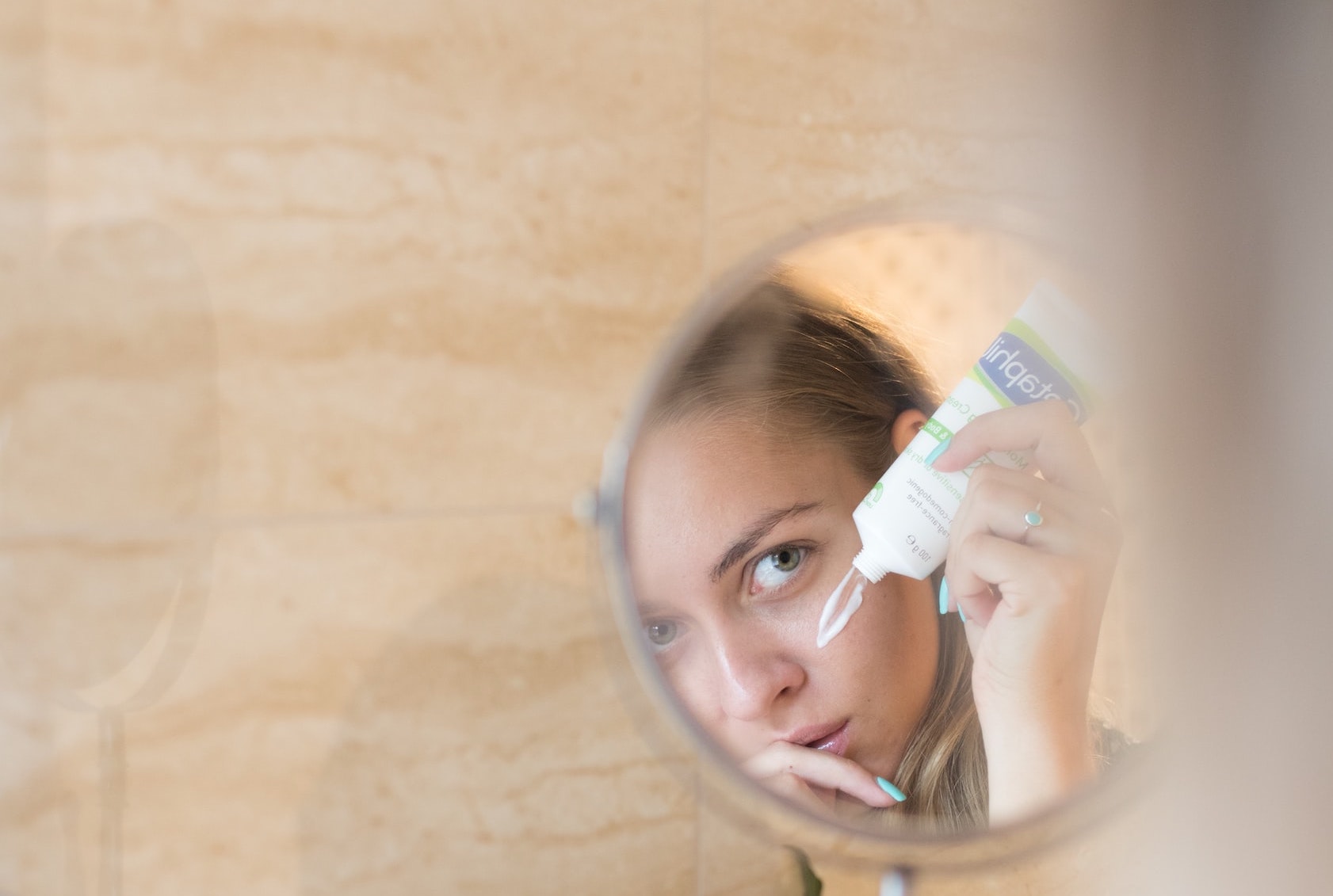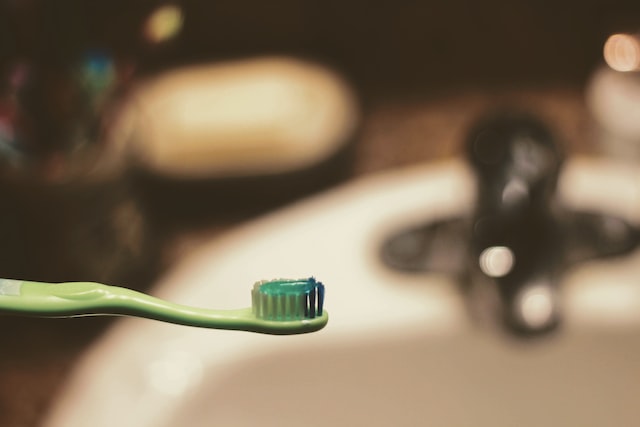What’s new?
On June 6 2025, the Scientific Committee on Consumer Safety (SCCS) published a preliminary Scientific Opinion on Tea Tree Oil (TTO) used in cosmetic products. This assessment was conducted under Article 15(2)(d) of the EU Cosmetics Regulation, which provides a safety pathway for substances classified as CMR (Carcinogenic, Mutagenic, or toxic to Reproduction) when sufficient safety data demonstrates their safe use in cosmetics.
The assessment addresses the European Chemicals Agency (ECHA) Risk Assessment Committee (RAC) opinion classifying Tea Tree Oil as a category 1B reproductive toxicant, which would typically prohibit its use in cosmetic products. The SCCS evaluation was requested by the European Commission to determine whether industry-submitted safety data could support continued cosmetic use under the CMR derogation provisions.
This Opinion specifically evaluates Tea Tree Oil’s safety for use as an anti-seborrheic and anti-microbial active ingredient in various cosmetic product categories, addressing aggregated exposure from both cosmetic and non-cosmetic sources and considering TTO as moderate skin sensitizer.
Key Provisions
The SCCS considers TTO safe for use as an anti-seborrheic and anti-microbial agent up to the following maximum concentrations:
- 2.0% in shampoo
- 1.0% in shower gel
- 1.0% in face wash
- 0.1% in face cream
The Opinion applies only to dermally applied cosmetic products, excluding aerosolised or sprayable products that may cause inhalation exposure.
- TTO must maintain stability in final cosmetic products to prevent degradation/transformation of components
- Chemical composition must remain within specifications of the updated ISO 4730:2017 standard throughout product shelf life
What now?
The preliminary opinion is open for comments until 18 August 2025.
- SCCS will review submitted comments during working group meetings
- Final Opinion expected following comment evaluation and potential revisions
Regulatory Timeline: Following final Opinion publication, the European Commission will likely amend Annex III of the Cosmetics Regulation to implement these restrictions, with typical transition periods of 18-24 months for compliance.








